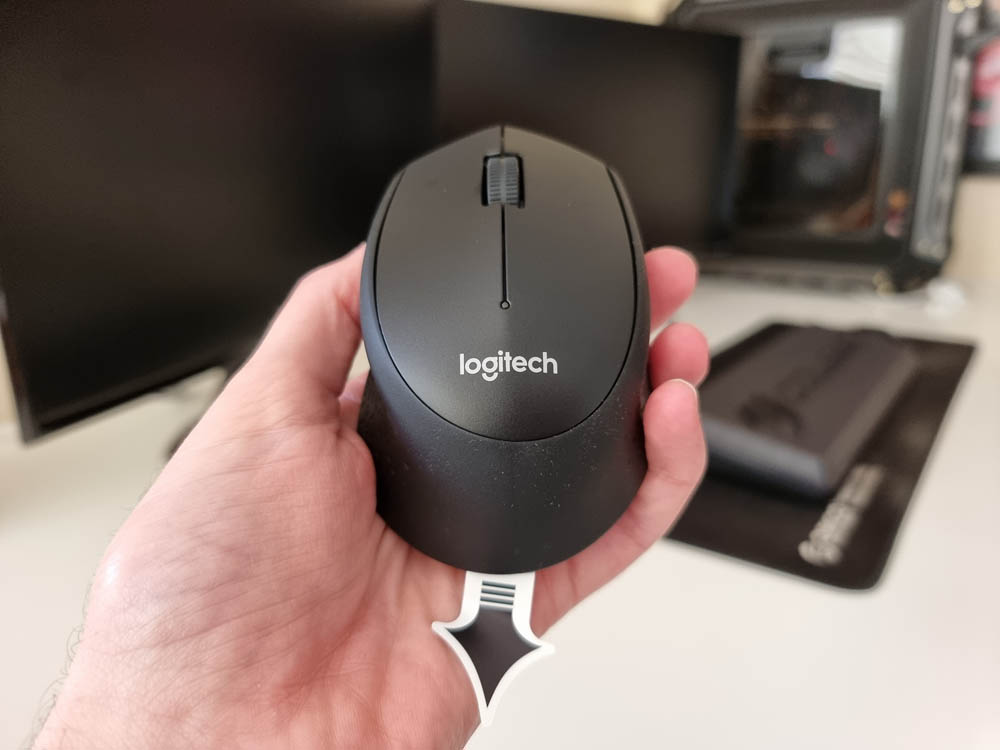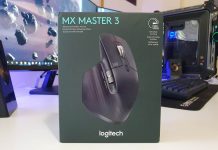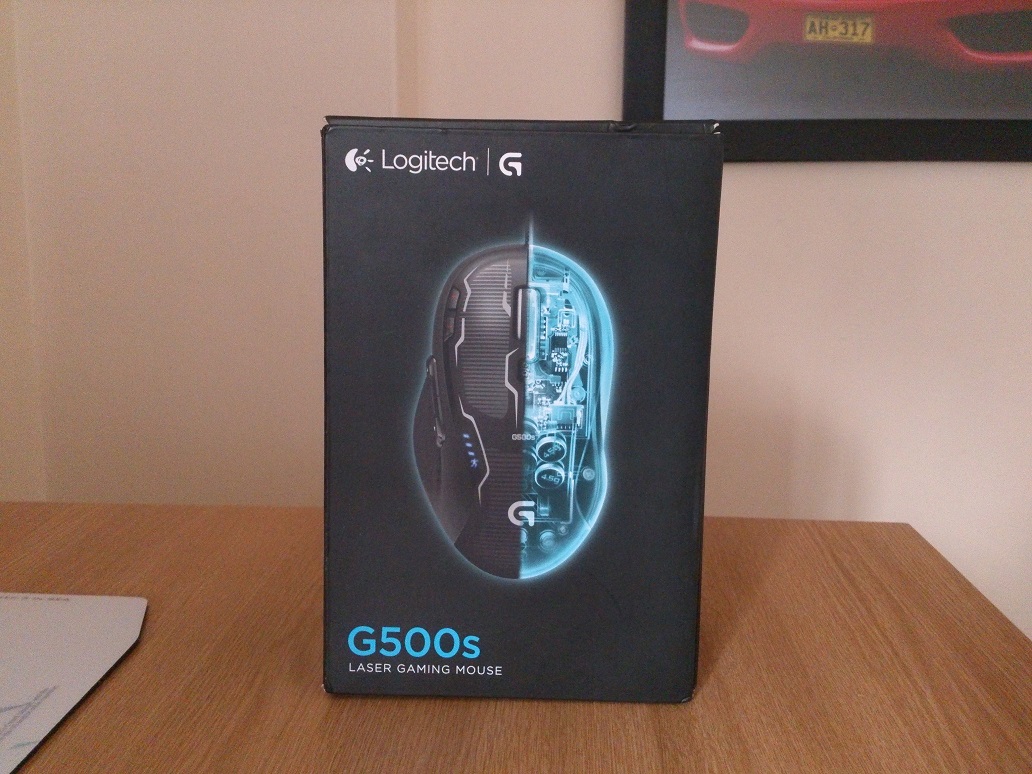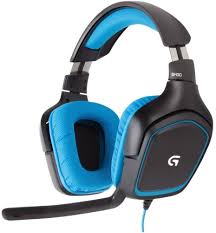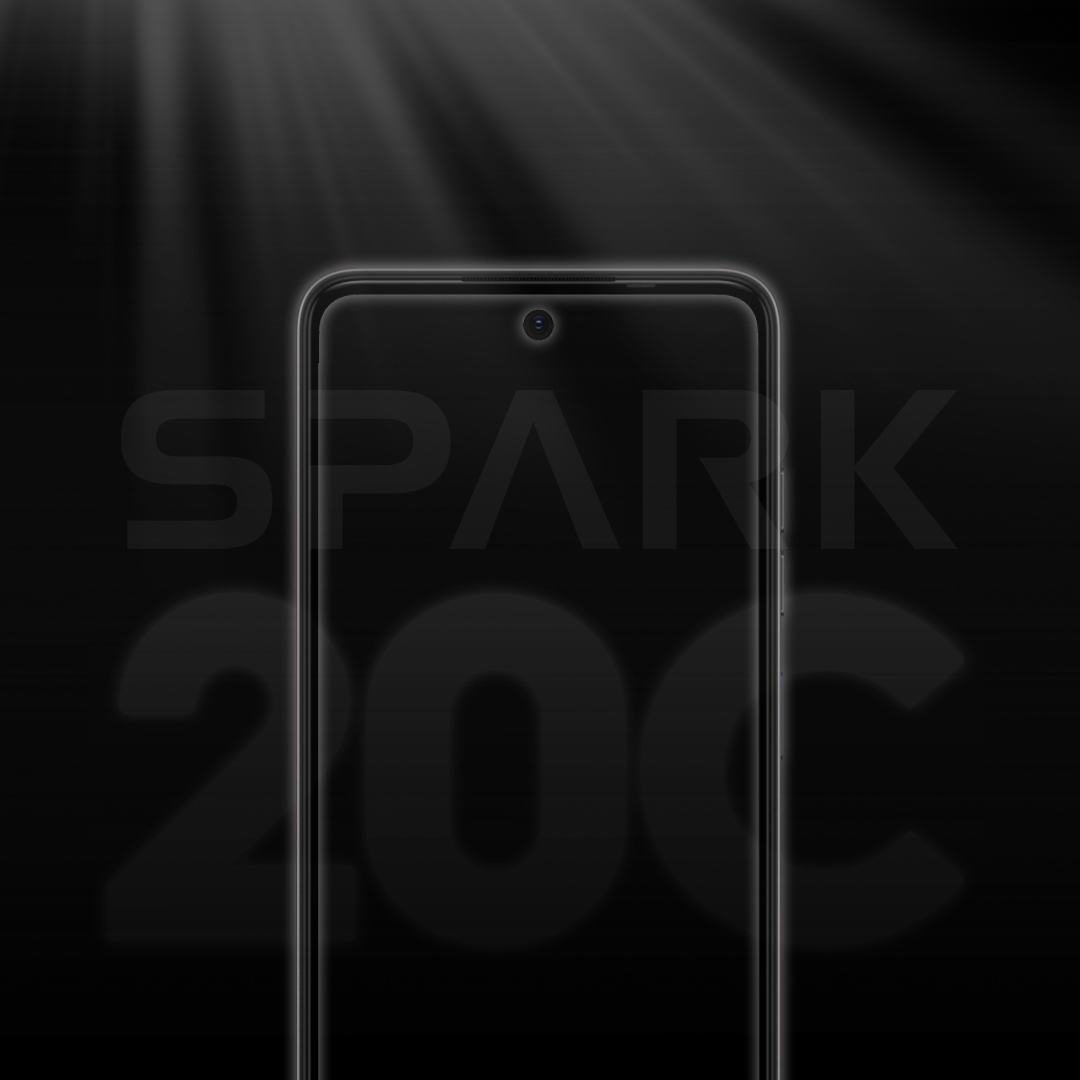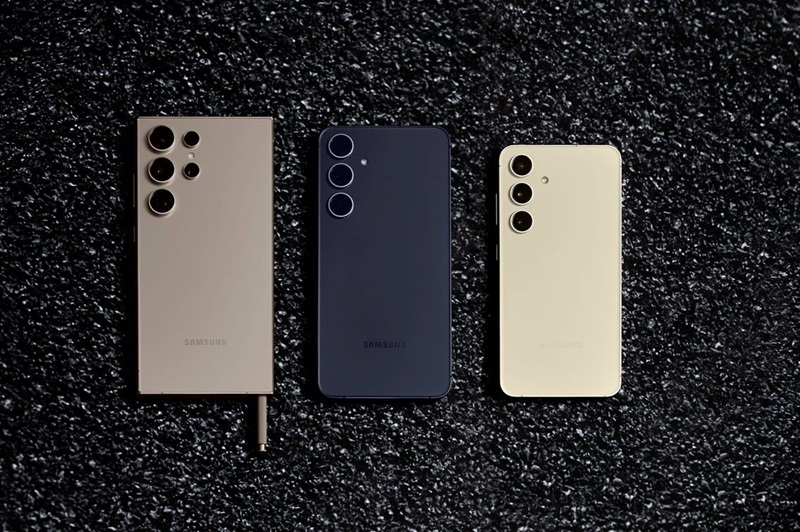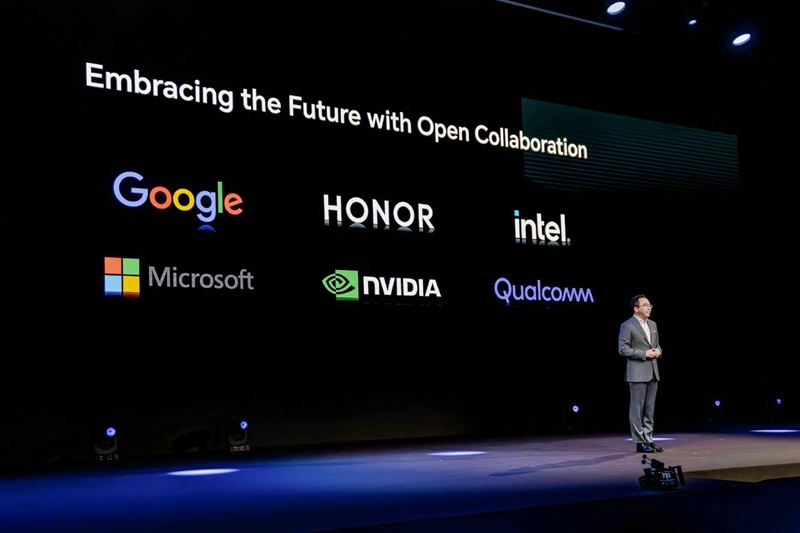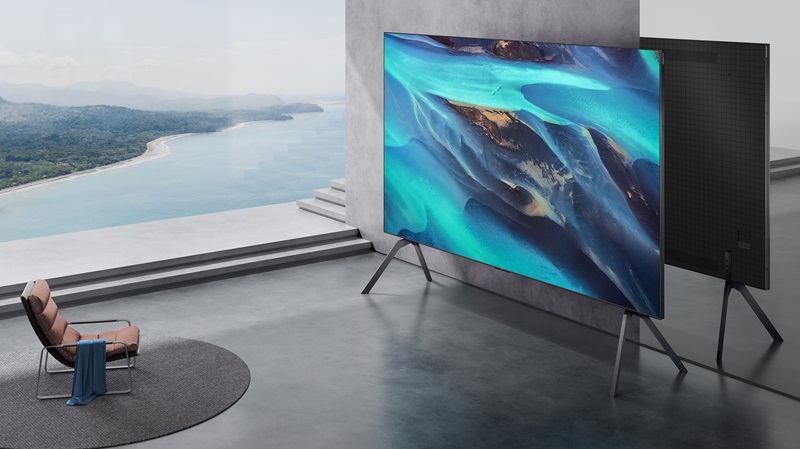For the normal or average computer user, the most important concern is the speed of their computer. There are many important pieces of hardware that make up your computer. Most will thank that processor and RAM are the two biggest factors to computer speed. Even myself who knows a fair amount about computers and have built a couple of custom computers for myself thought so.
While processor and RAM are very important factors, the speed of your hard drive is a very important factor as well. Files are being read and written on your hard drive all the time. If your hard drive has a slow read and write speed, normal tasks that you do on a daily basis will be slow as well.
While hard drives are very useful for storing large quantities of data, they are not the fastest when it comes to accessing data. Back in the 70s and 80s, the first form of a Solid State Drive or “SSD” was introduced. Think of an SSD as a flash drive version of a hard drive. Where as a hard drive contains moving parts, an SSD has no moving parts. When SSDs were first being used, they were very expensive. Skip forward a few years to 1991, where a 20MB SSD sold for $1,000. Luckily this isn’t the case any more. The year is 2018 and SSDs are no longer rare or super expensive.
There are different types of SSDs available. SSDs either connect to your computer via a SATA cable or plug straight into the motherboard. SSDs that connect straight to your motherboard are much faster than SSDs that require a cable. So there are basically two types that are common today, a 2.5 inch SSD or an M.2 SSD with the M.2 being much faster as it goes straight into the motherboard using the PCIe slot.
Adata is a company that makes a wide range of products such as hard drives, flash drives power banks and cables. Adata sent me their XPG SX8000 SSD to see if it would improve the speed on my computer.
The Adata XPG SX8000 is the first SSD from Adata to support M.2 technology. When you are doing data intensive tasks on your computer such as gaming, rendering or even just copying data, you will need an SSD that is fast enough to ensure smooth performance. This is what the SX8000 is good at. With read speeds up to 2500MB per second and write speeds up to 1100MB per second, the SX8000 delivers massive speeds. With the SX8000 you get nearly four times faster read speeds and double the write speeds than normal SATA hard drives. It also has 3D NAND support which gives higher efficiency and reliability.
When it comes to computers and laptops, space is always an issue and I am not referring to storage space. My custom built computer is already packed with all the parts I need. I would not have the space for a really big SSD. The SX8000 is super tiny thanks to it’s M.2 form factor and can easily be installed in a laptop or a desktop computer that supports M.2. With no cables needed whatsoever, the SX8000 will not get in the way of your other computer parts.
The SX8000 comes in 128GB, 256GB, 512GB and 1TB capacities. You should mostly store applications on your SSD and store all your files, music and videos ect on your HHD (normal hard drive). SSDs are far more expensive than HHDs so most people won’t get the largest capacity. You also aren’t able to use the full storage space. Out of 512 GB on my SSD, only 475GB is available. My operating system and software has used 123 GB and I have 352GB free. If you stick to software you should be fine. I would suggest looking at how much space you will need, then go from there.
Pricing for the SX8000 range is as follows:
128GB – R1229
256GB – R2069
512GB – R3119
1TB – R8299
SSDs have a limited lifespan, like most computer parts. All models in the SX8000 range have a high TBW (Total Bytes Written). This means that the SSD can write its entire capacity many times during its lifespan. With a 5-year warranty, Adata are sure that the SX8000 will be used for many years. The SX8000 also has a low density parity check which ensures less data errors and an increase in data integrity. Your data is also better protected against corruption.
Benchmarks for my computer:
Notice that the rating for my SSD is more than double the rating for my HDDs
UserBenchmarks: Game 34%, Desk 70%, Work 44%
CPU: Intel Core i5-4460 – 72.7%
GPU: AMD R7 370 – 28.2%
SSD: Adata SX8000 NVMe PCIe M.2 512GB – 118%
HDD: Seagate Barracuda Green 2TB – 55.6%
HDD: Seagate Desktop SSHD 2TB – 64.5%
RAM: HyperX Fury DDR3 1600 C10 2x8GB – 60.2%
MBD: Asus H97M-E
According to userbenchmarks.com: “118% is an exceptional SSD score. This drive is suitable for heavy workstation use, it will facilitate fast boots, responsive applications and allow for fast transfers of multi-gigabyte files.”
So has the SX8000 made my computer faster? For starters my boot speed has gone from about 20 seconds to about 7 seconds. My programs are now loading much quicker. When editing my videos, I find the rendering is much smoother as my video files are being accessed at a quicker speed. Moving files between my hard drives is now super quick. So overall, my computer is running much faster than before. If you would like your computer to be faster (who wouldn’t) I suggest you consider the Adata XPG SX8000 SSD.














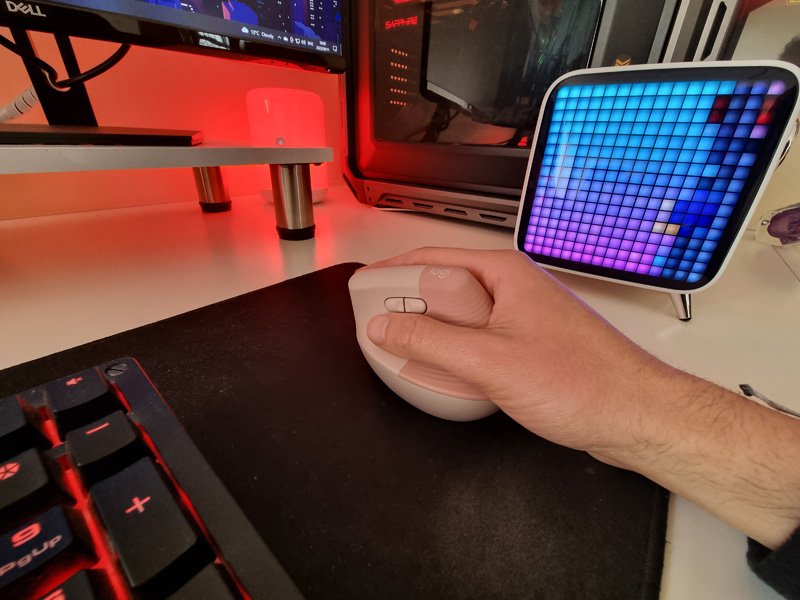
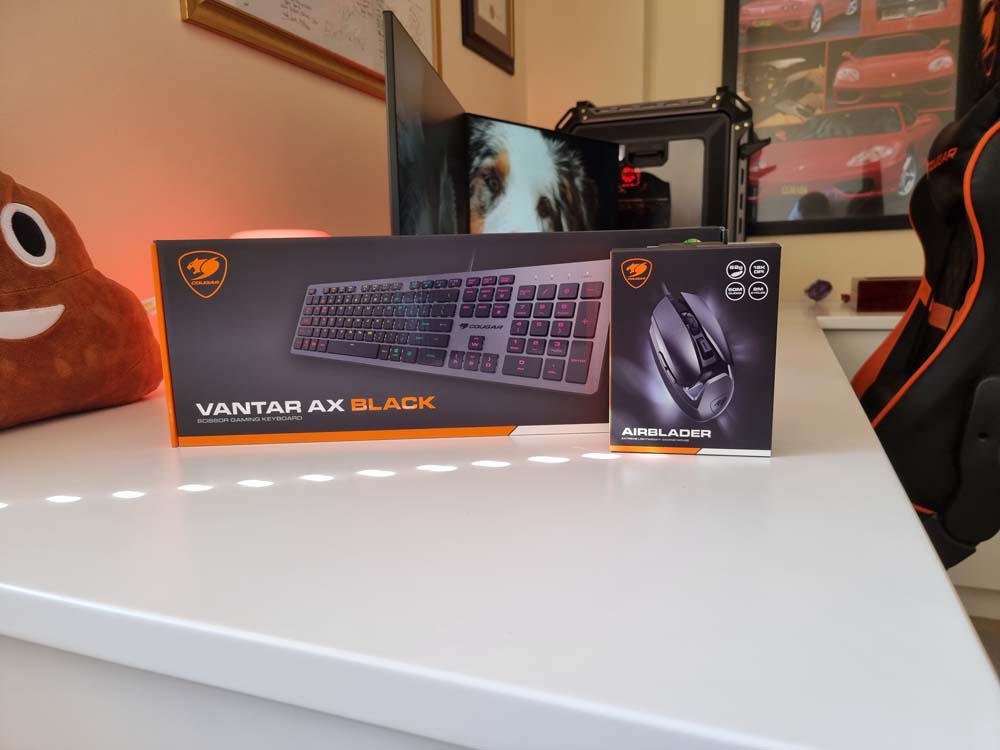
![Logitech M220 Silent Wireless Mouse: The Most Silent Portable Mouse! [Competition]](https://capetownguy.co.za/wp-content/uploads/2021/12/Logitech-M220-Silent-Wireless-Mouse-The-Most-Silent-Portable-Mouse-1.jpg)
